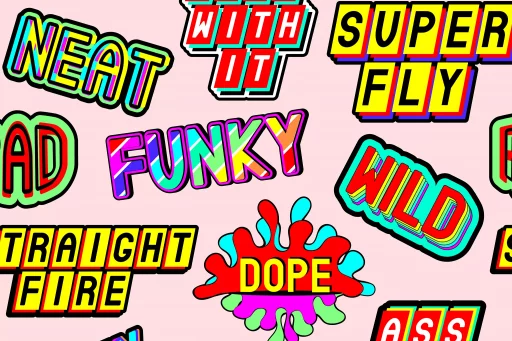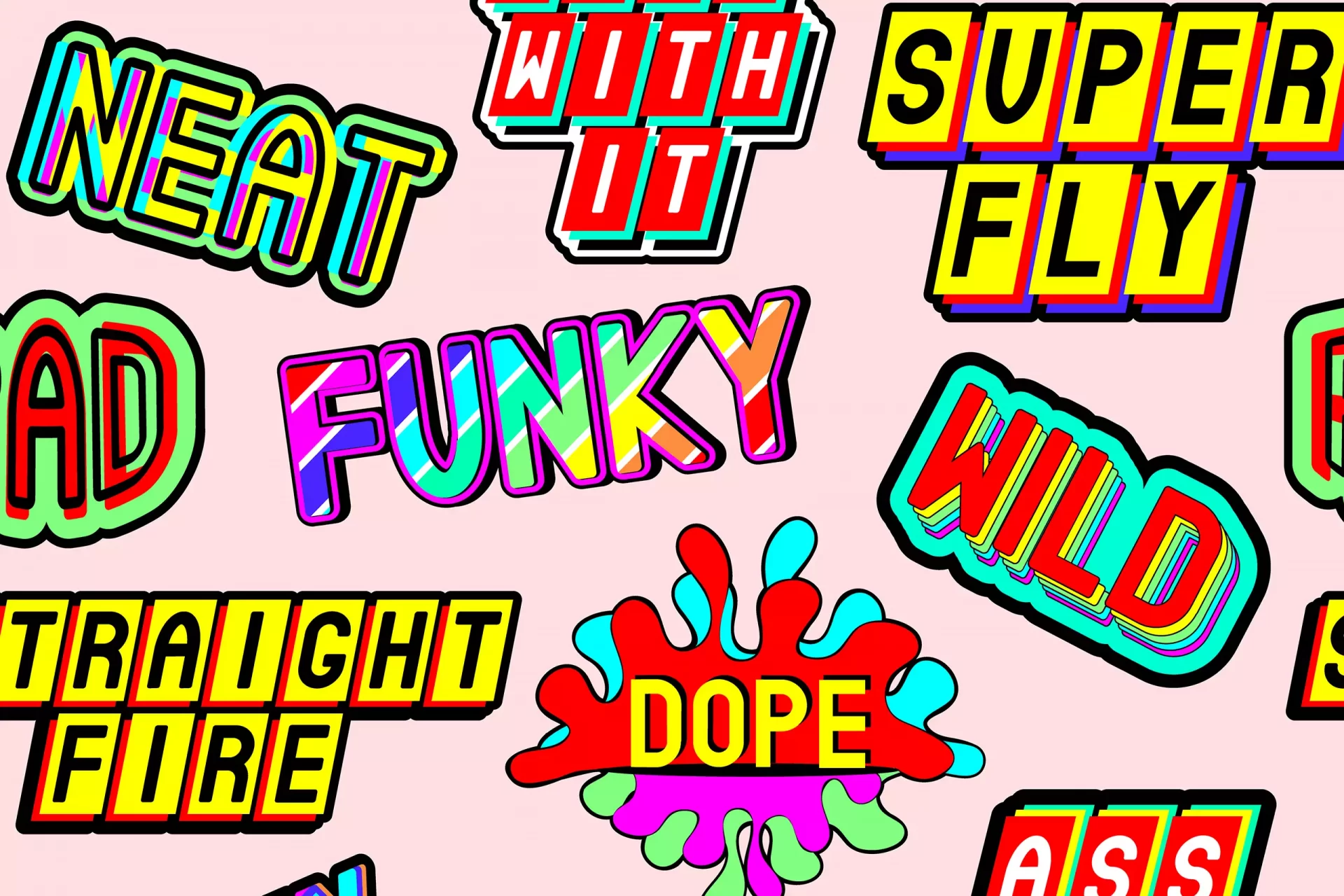Introduction to Casanova in Slang
The term Casanova has transcended its historical origins to become a popular slang term in modern vernacular, often used to describe a man who is romantically charming, seductive, and often manipulative. Derived from the infamous Italian adventurer Giacomo Casanova, who was known for his numerous romantic escapades in the 18th century, the slang interpretation carries with it both allure and caution.
The Historical Context of Casanova
Giacomo Casanova, born in 1725, was not only a notorious lover but also a writer, diplomat, and spy. His autobiography, Histoire de ma vie (Story of My Life), details his encounters with women and serves as a reflection of the culture of his time. His escapades have led to a cultural archetype: a man who can effortlessly woo women.
Casanova as a Slang Term
In contemporary slang, calling someone a Casanova often implies that they are adept at seduction but may also convey a sense of superficiality or deceit. It can describe someone who is a:
- Master of charm
- Flirtatious and playful lover
- Individual who engages in short-term romantic encounters without serious intentions
For example, if someone says, “He’s such a Casanova; he can’t keep a girlfriend longer than a month,” they imply that the person in question has a reputation for being a transient lover.
The Allure of the Casanova Persona
The Casanova persona is appealing for several reasons. It embodies confidence, charisma, and the ability to connect with others on an emotional level. This archetype is often featured in literature, media, and pop culture, from romantic novels to movies. Men who adopt this persona are often viewed as desirable and intriguing.
Casanova in Popular Culture
Casanova’s figure has made significant appearances in various forms of mainstream media:
- Literature: His life inspired countless novels, often depicting the adventurous and romantic life he purported to lead.
- Film: Movies like Casanova (2005) display the character’s charisma and wit, emphasizing the allure of the Casanova archetype.
- Music: Numerous songs reference Casanova, often celebrating the thrill and complications of romantic escapades.
These portrayals contribute to the ongoing fascination with the idea of a Casanova and perpetuate the stereotypes associated with being a charming seducer.
Statistics and Case Studies
While the term Casanova is rooted in personal identity, data about how modern society perceives romantic engagement provides an interesting context:
- A study from the Journal of Sex Research showed that 67% of individuals have participated in a brief romantic encounter at least once.
- A survey by Match.com found that 55% of respondents felt that charm was a more important trait than physical appearance when choosing a partner.
- A report by Psychology Today suggested that 75% of women find flirtation enjoyable but are wary of men who over-emphasize their seduction skills.
These statistics reflect the complexity of modern romance, where charm can be both a tool of attraction and a source of suspicion.
The Downside of Being a Casanova
While the allure of being labeled a Casanova can be enticing, there are notable downsides. Relationships based purely on seduction may lack depth and emotional connection. Individuals who embody this persona might face challenges such as:
- Isolation: The inability to form lasting bonds can lead to feelings of loneliness.
- Trust Issues: Partners may struggle with trust, feeling that their Casanova partner is insincere.
- Reputation: Being labeled a Casanova can lead to a negative social reputation, making it hard to be taken seriously in future relationships.
Conclusion
The term Casanova encapsulates the charming and seductive nature of certain individuals, but it also carries connotations of superficiality. Understanding the duality of this term can help navigate modern romantic relationships, where genuine emotional connections are often more meaningful than mere flirtation.






